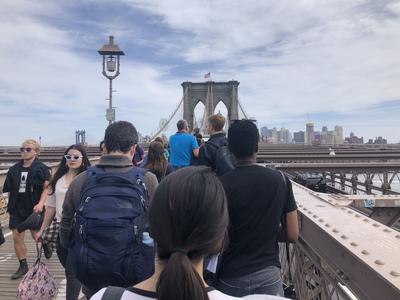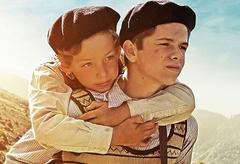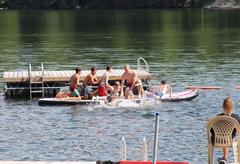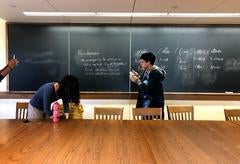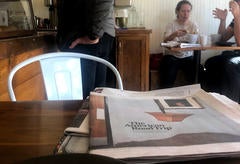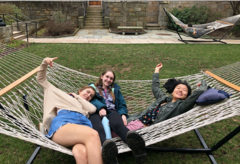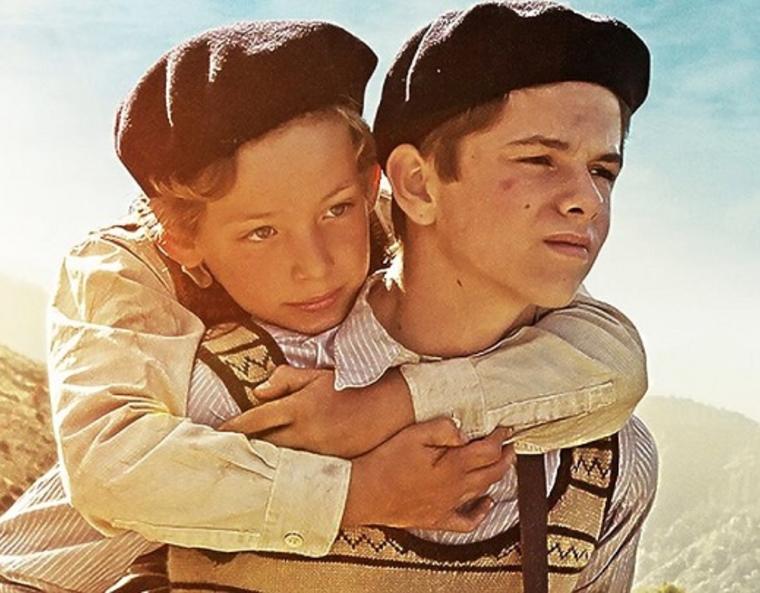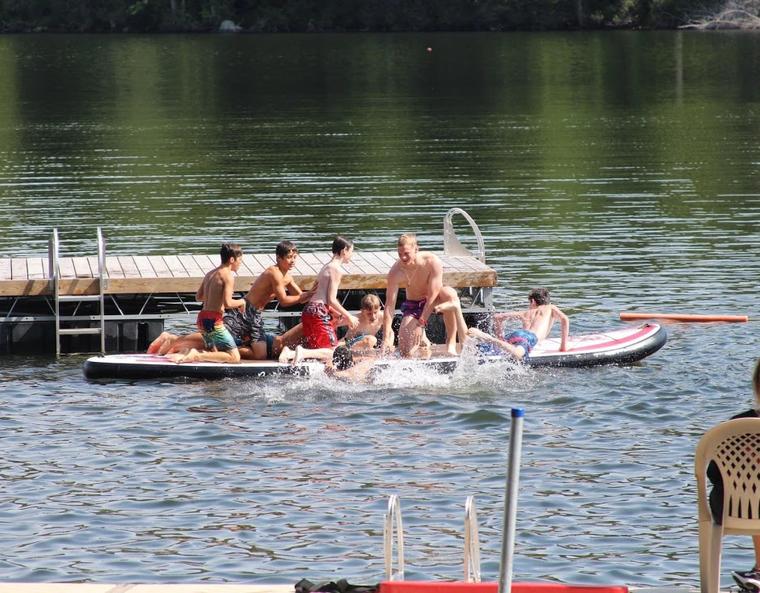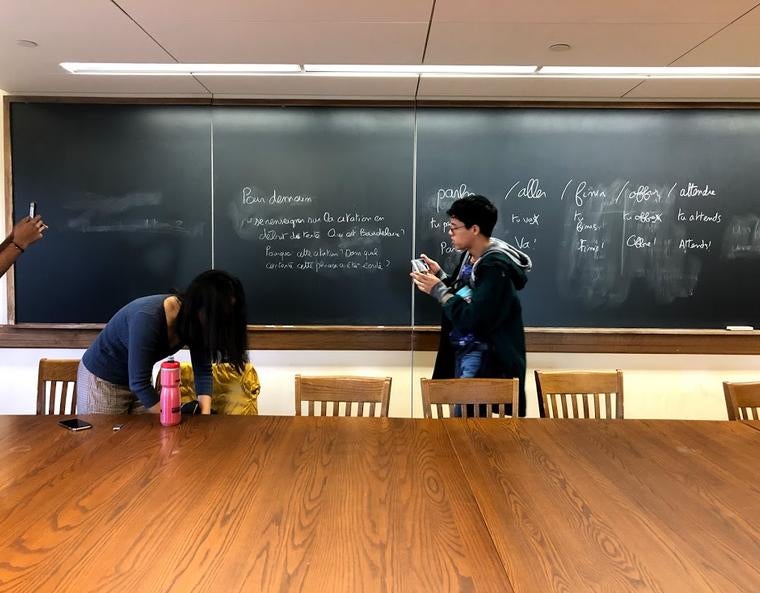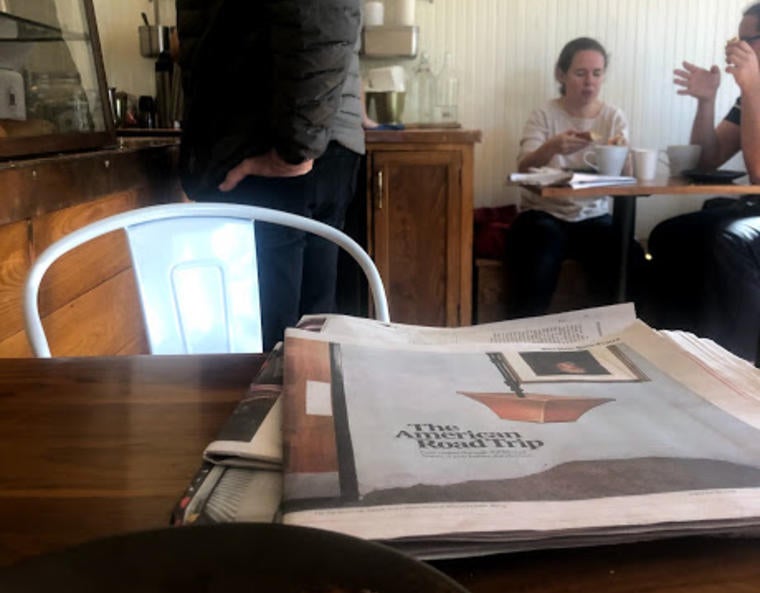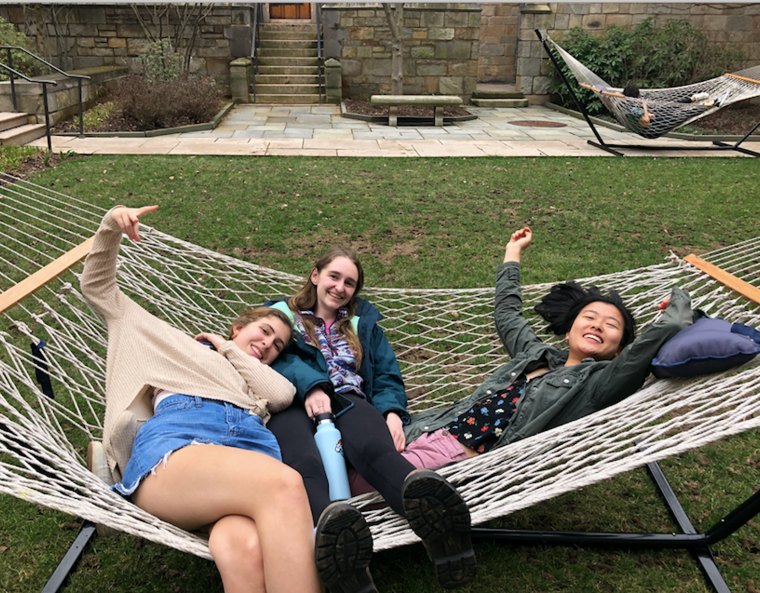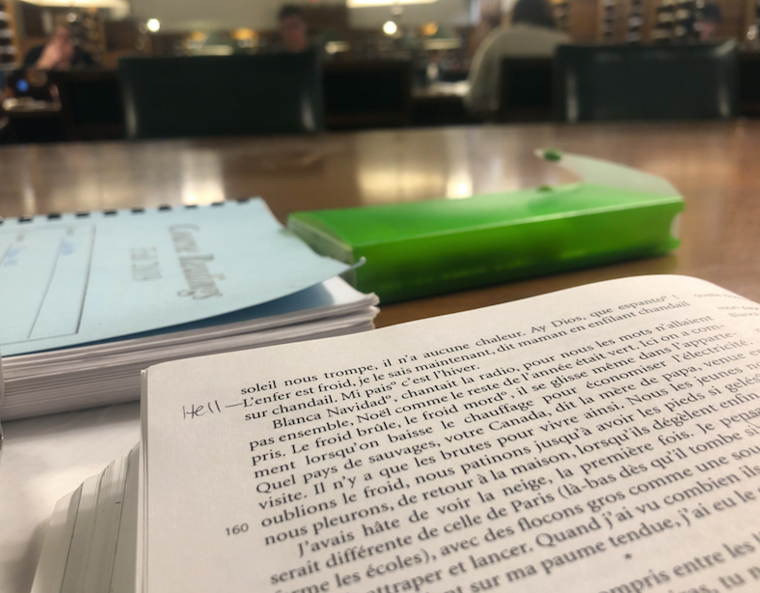
A few weeks ago, an email from Saybrook popped up in my inbox announcing that interviewing for residential college seminars was about to begin. The message also aid that if you interviewed five or more instructors, you’d be invited to dinner with our head of college, the venerable Professor Near. Each interview slot was twenty minutes long and the interviews were to be conducted over the course of two weeks. The list of classes ranged from “Power and Organizing in the City” to “Documenting the Undocumented in Latinx Culture.” I’m never one to shy away from off-campus meals with Prof Near, so I immediately signed up.
You may be wondering: Yale lets students interview professors for teaching positions?
Answer: Yes!
Well, the more elaborate answer is that a larger committee decides which residential college seminars ultimately get to run, but students get to input their opinions in the process. Allow me to backtrack.
Residential college seminars, a very reliable source once told me, were called as such because in order for Yale’s fourteen residential colleges to be called colleges in the state of Connecticut, the physical spaces of the colleges actually had to host at least one class each. While each residential college does devote part of their budget to sponsoring a seminar every semester, 1) Not all residential college seminars are hosted within the walls of their respective residential colleges, 2) The only other way the individual college is related to its seminar is that students from that college typically get a leg-up in enrollment for the class if demand is high. (You can’t have a seminar with forty students, but luckily there are dozens of seminars you can shop, not just college seminars.)
The story about Connecticut state law is a good one, but the real reason the residential college host seminars is that there are lots of intersting classes Yale wants to offer that don’t fall into traditional departments and majors (even though Yale has more than 80). After all, how are you supposed to categorize a class like “How Can I Have the Most Impact?”? Many of them are taught by alumni who have interesting ideas for classes to teach based on their work experience.
My class on the Brooklyn Bridge
For example, I took a college seminar called “Future Cities” last semester that was co-taught by an alumna who works at a smart cities company and her friend who is an architect. Discussion revolved around urban planning, architecture, and social studies. We read a variety of book excerpts, news articles, primary and secondary sources. We also took a field trip to New York to go on an architecture walk and visit our professor’s office. The class was particularly fun because it brought together students of widely different class years and majors–a melange of Global Affairs, Ethnicity, Race, & Migration, Economics, Happily Undeclared, Biomedical Engineering, and more! As a first-year, discussing new topics every week with upperclassmen of various academic backgrounds really improved my argument skills and allowed me to learn a lot not just from the readings and the professors, but from the students’ life experiences living and working in various cities. I loved this college seminar, so I was eager to see what other professors had to offer–which brings me back to the interview table.

Clearly serious business
A dozen or so students representing their residential colleges sat at a round table in SSS, along with the given candidate for that time slot. Some candidates had previously taught the classes they were pitching, others were doing this for the first time. I enjoyed hearing about “Drink History: The Ethics and Business of Cocktails” and “Art of the Printed Word”, two very different classes taught by very different professors. “Drink History” seemed like it could be a perennial favorite, relevant to a lot of different academic interests, and an overall fun class. “Art of the Printed Word” invited students to use Yale’s printing presses, seemed like a great creative outlet, and was first pitched in 2004.
As student-interviewers, we took notes, asked questions, and tried to figure out what place each class had in the course catalog and in a hypothetical student’s schedule. Overall, I’d be happy with any of the courses I got to preview popping up on CourseTable next semester, because I’m sure that with a student body as diverse as Yale’s, each class will be sure to strike a chord with a seminar room-ful of eager students.
